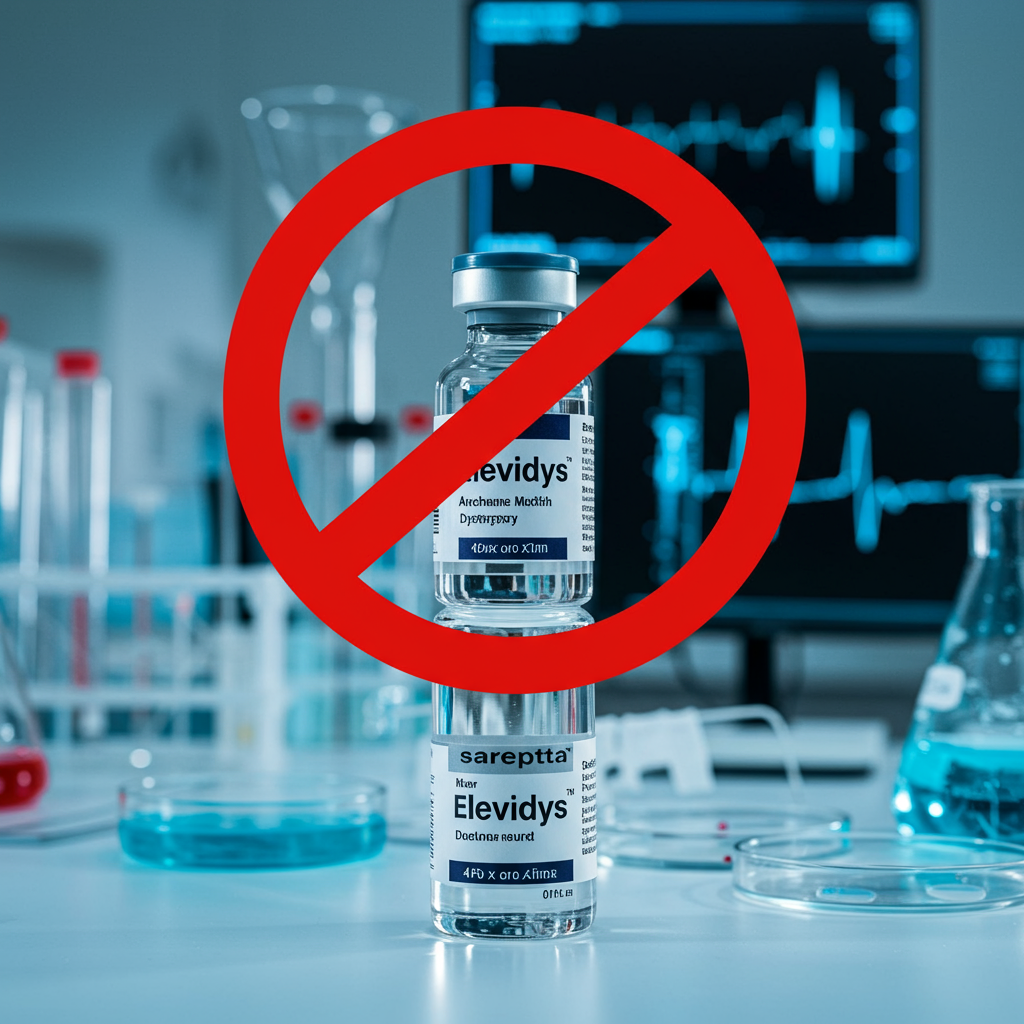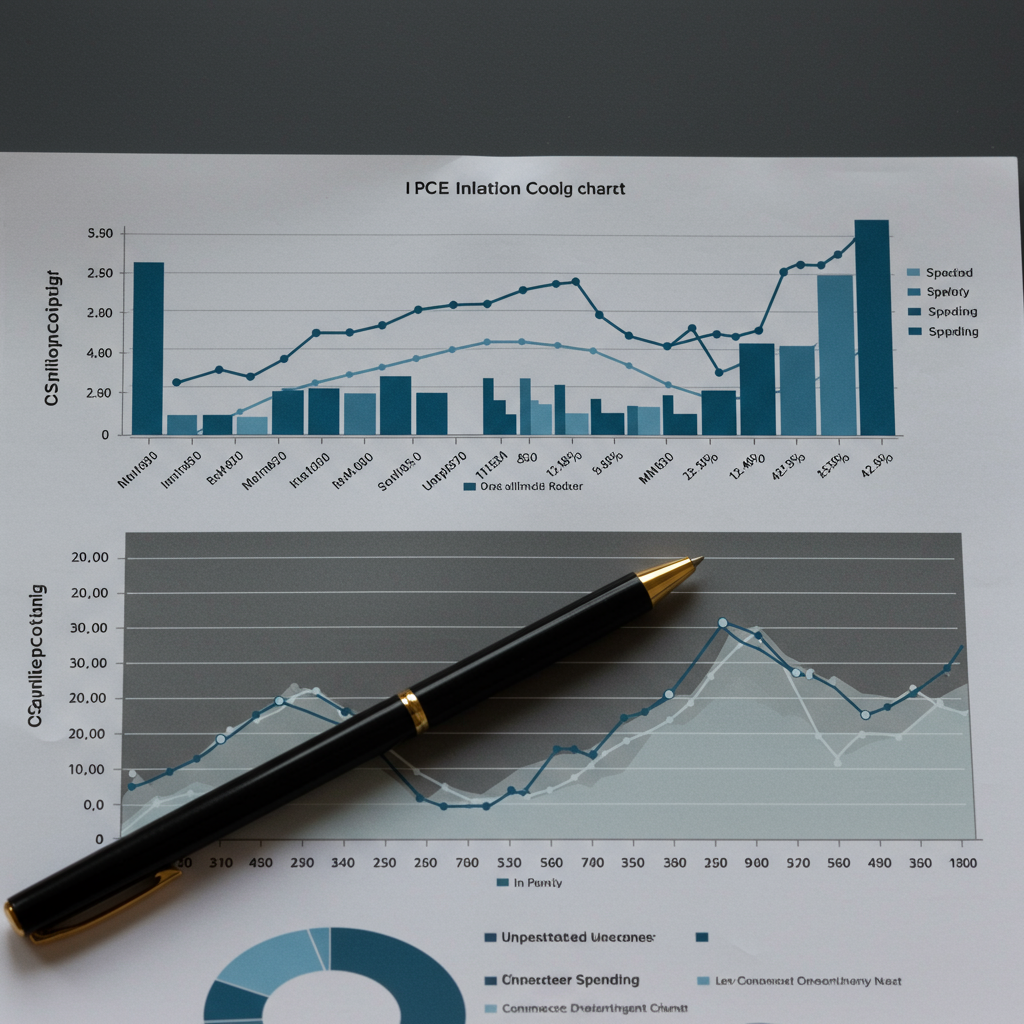Sarepta Halts Elevidys for Non-Ambulatory Duchenne Patients After Second Death
Sarepta Therapeutics is halting shipments of its Duchenne muscular dystrophy gene therapy, Elevidys, for patients who are no longer able to walk. This decision follows the tragic death of a second individual who received the treatment.
The company disclosed the second fatality on Sunday, June 15, 2025. Like the first death reported in March, this patient succumbed to acute liver failure. Both individuals were non-ambulatory, meaning their Duchenne muscular dystrophy had progressed to the point where they used a wheelchair. Typically, children with Duchenne lose the ability to walk by adolescence.
Acute liver failure is a known potential side effect associated with adeno-associated virus (AAV)-based gene therapies like Elevidys. While this risk has been recognized, these two fatalities are reportedly the first among over 900 patients treated with Elevidys in clinical trials and commercially. The second patient who died was 15 years old and enrolled in Sarepta’s Phase III ENVISION trial.
Company Actions and Safety Measures
In response to the safety concerns, Sarepta is implementing several immediate measures focused on the non-ambulatory patient population:
Halting Shipments: Elevidys shipments are temporarily suspended specifically for non-ambulatory patients.
Pausing Clinical Trial: Dosing has been voluntarily paused in the global Phase III ENVISION study (Study SRP-9001-303), which includes both older ambulatory and non-ambulatory patients. This trial is crucial, particularly in the U.S., as it serves as the confirmatory study required under the FDA’s accelerated approval pathway for the non-ambulatory indication.
Seeking Expert Guidance: Sarepta is assembling an independent panel of Duchenne and liver health experts. This group will evaluate the safety data and recommend an enhanced immunosuppression regimen aimed at reducing liver-related risks in non-ambulatory patients.
FDA Discussions: The company plans to discuss the proposed enhanced regimen, which may include adding the immunosuppressant Sirolimus, with the Food and Drug Administration (FDA). Preclinical data suggests Sirolimus could help manage elevated liver enzymes, though it also carries potential risks like increased susceptibility to infection.
Sarepta stated it is working quickly to address the situation and plans to communicate with the Duchenne patient community. The company and its European partner, Roche, who is seeking approval for the therapy overseas, are working urgently to mitigate risks.
Market Impact and Analyst Reactions
News of the second death significantly impacted Sarepta’s financial outlook and stock performance. Shares plummeted by approximately 40-41% in pre-market trading following the announcement.
Financial analysts reacted swiftly, with multiple investment firms downgrading Sarepta’s stock rating and sharply cutting their price targets. Analysts noted that liver injury is a known risk with AAV therapies, viewing the deaths as part of a broader “AAV risk” trend that has challenged the gene therapy field.
While acknowledging the potential for increased scrutiny, some analysts believe the therapy’s market for younger, ambulatory patients might remain relatively stable, given the urgent need for treatments in Duchenne. However, the event has raised “serious questions on Elevidys’ sales outlook” and increased uncertainty around regulatory implications, including the possibility that the FDA might modify or even remove the non-ambulatory indication from the therapy’s prescribing information.
The second death is expected to cause another “reputational hit” for Elevidys and could potentially increase regulatory hurdles for other investigational gene therapies for Duchenne muscular dystrophy, adding to the perception of gene therapy as a challenging and unpredictable investment space. Sarepta had previously lowered its 2025 revenue guidance, partly attributing it to anticipated treatment delays following the first reported death.



